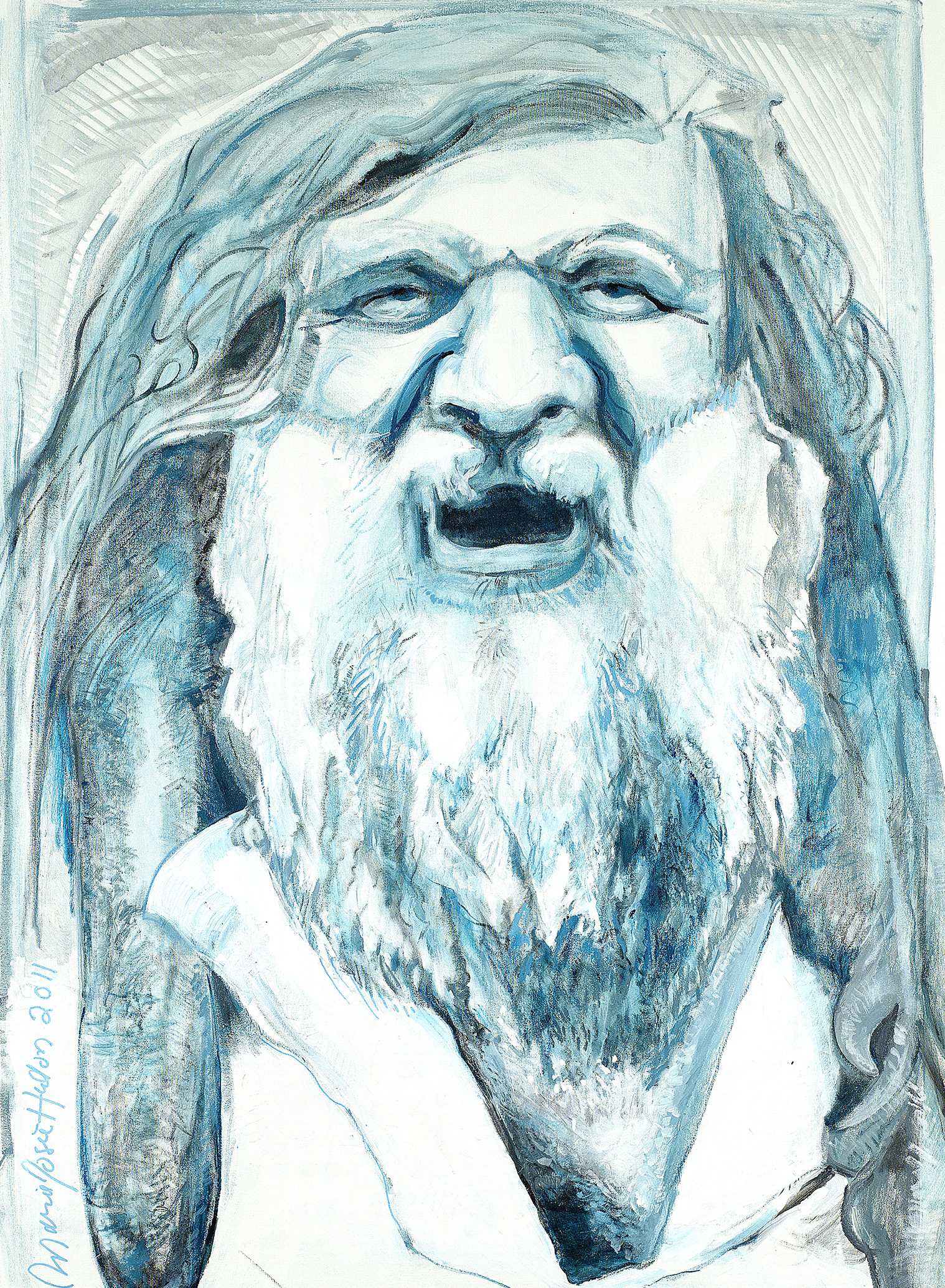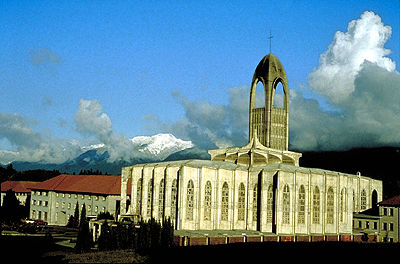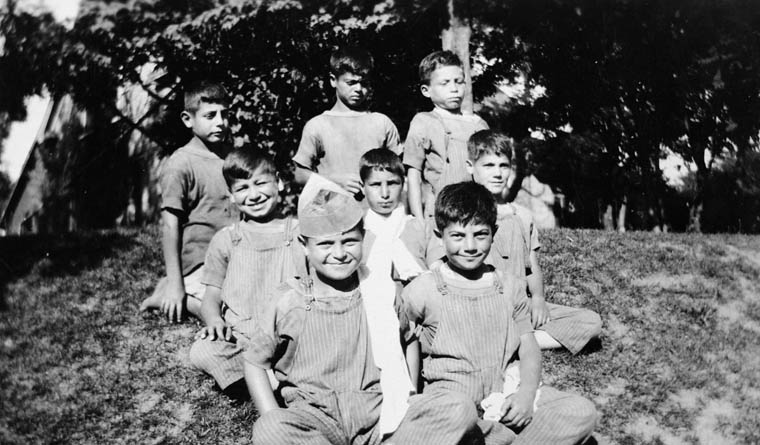Article
Antonine Maillet
Antonine Maillet, CC, OQ, ONB, novelist, playwright, translator, scholar (born 10 May 1929 in Bouctouche, NB).

Enter your search term
Signing up enhances your TCE experience with the ability to save items to your personal reading list, and access the interactive map.
Create AccountArticle
Antonine Maillet, CC, OQ, ONB, novelist, playwright, translator, scholar (born 10 May 1929 in Bouctouche, NB).
"https://d3d0lqu00lnqvz.cloudfront.net/media/media/f1403bcc-f52d-472e-a062-620bf015c0e0.jpg" // resources/views/front/categories/view.blade.phphttps://d3d0lqu00lnqvz.cloudfront.net/media/media/f1403bcc-f52d-472e-a062-620bf015c0e0.jpg

Article
Antonio Barichievich, né Anton Baričević, “the Great Antonio,” Québec strongman, professional wrestler and actor (born 10 or 25 October 1925 in Zagreb, Yugoslavia; died 7 September 2003 in Montréal, QC).
"https://d3d0lqu00lnqvz.cloudfront.net/media/media/4cb418ab-f235-4788-b1e6-27701736e948.jpg" // resources/views/front/categories/view.blade.phphttps://d3d0lqu00lnqvz.cloudfront.net/media/media/4cb418ab-f235-4788-b1e6-27701736e948.jpg

Article
Aqjangajuk Shaa (Axangayu), Inuit artist (born at Shartoweetuk camp near Cape Dorset, Nunavut 17 March 1937; died 2019).
"https://d3d0lqu00lnqvz.cloudfront.net/media/media/332786d8-4814-477d-a231-528080a54486.jpg" // resources/views/front/categories/view.blade.phphttps://d3d0lqu00lnqvz.cloudfront.net/media/media/332786d8-4814-477d-a231-528080a54486.jpg

Article
Arabs, or more specifically, Syrian-Lebanese immigrants, began to arrive in Canada in small numbers in 1882. Their immigration was relatively limited until 1945, after which time it increased progressively, particularly in the 1960s and thereafter.
"https://www.thecanadianencyclopedia.ca/images/tce_placeholder.jpg?v=e9dca980c9bdb3aa11e832e7ea94f5d9" // resources/views/front/categories/view.blade.phphttps://www.thecanadianencyclopedia.ca/images/tce_placeholder.jpg?v=e9dca980c9bdb3aa11e832e7ea94f5d9

Article
Archibald Lang Fleming, Church of England bishop of the Arctic 1933-49 (b at Greenock, Scot 8 Sept 1883; d at Toronto 17 May 1953). In 1906 he went to Canada to train at Wycliffe College, Toronto, and in 1909 he established a mission at Lake Harbour, Baffin Island, where he stayed until 1916.
"https://www.thecanadianencyclopedia.ca/images/tce_placeholder.jpg?v=e9dca980c9bdb3aa11e832e7ea94f5d9" // resources/views/front/categories/view.blade.phphttps://www.thecanadianencyclopedia.ca/images/tce_placeholder.jpg?v=e9dca980c9bdb3aa11e832e7ea94f5d9

Article
In 1953 Åsbjørn Gathe completed designs for Westminster Priory, which included Westminster Abbey, the Seminary of Christ the King and related buildings.
"https://d3d0lqu00lnqvz.cloudfront.net/media/media/6232f070-823a-44e3-8285-5bb9d14cf197.jpg" // resources/views/front/categories/view.blade.phphttps://d3d0lqu00lnqvz.cloudfront.net/media/media/6232f070-823a-44e3-8285-5bb9d14cf197.jpg

Article
Aritha van Herk, novelist, anthologist, essayist (b at Wetaskiwin, Alta 26 May 1954). Aritha van Herk, the daughter of Dutch immigrants, was raised on a farm in the Scandinavian community of Wetaskiwin.
"https://www.thecanadianencyclopedia.ca/images/tce_placeholder.jpg?v=e9dca980c9bdb3aa11e832e7ea94f5d9" // resources/views/front/categories/view.blade.phphttps://www.thecanadianencyclopedia.ca/images/tce_placeholder.jpg?v=e9dca980c9bdb3aa11e832e7ea94f5d9

Article
Armand-François-Marie de Charbonnel, Roman Catholic bishop of Toronto (b near Monistrol-sur-Loire, France 1 Dec 1802; d at Crest, France 29 Mar 1891). Of noble birth, Charbonnel entered the priesthood in the Society of St-Sulpice.
"https://www.thecanadianencyclopedia.ca/images/tce_placeholder.jpg?v=e9dca980c9bdb3aa11e832e7ea94f5d9" // resources/views/front/categories/view.blade.phphttps://www.thecanadianencyclopedia.ca/images/tce_placeholder.jpg?v=e9dca980c9bdb3aa11e832e7ea94f5d9

Article
Maiste, Armas or Art (b Armas). Pianist, b Tallinn, Estonia, 9 Mar 1929, naturalized Canadian 1965; B MUS (McGill) 1972.
"https://www.thecanadianencyclopedia.ca/images/tce_placeholder.jpg?v=e9dca980c9bdb3aa11e832e7ea94f5d9" // resources/views/front/categories/view.blade.phphttps://www.thecanadianencyclopedia.ca/images/tce_placeholder.jpg?v=e9dca980c9bdb3aa11e832e7ea94f5d9

Article
The present-day republic of Armenia was created in 1991 and includes only a small part of the territory that made up Ancient Armenia. Armenian migration to Canada began in the late 19th century. The 2016 census reported 63, 810 people of Armenian origin in Canada (34, 560 single and 29, 250 multiple responses).
"https://d3d0lqu00lnqvz.cloudfront.net/media/media/9af4892f-a343-48b4-9b4c-0c492a582044.jpg" // resources/views/front/categories/view.blade.phphttps://d3d0lqu00lnqvz.cloudfront.net/media/media/9af4892f-a343-48b4-9b4c-0c492a582044.jpg

Article
Jay (James) Armin, teacher, violinist (born 11 January 1915 in Dnepropetrovsk, Ukraine; died 12 July 2008 in Toronto). BA (Manitoba) 1947, Associate in Music PAED (Western Ontario) 1953.
"https://www.thecanadianencyclopedia.ca/images/tce_placeholder.jpg?v=e9dca980c9bdb3aa11e832e7ea94f5d9" // resources/views/front/categories/view.blade.phphttps://www.thecanadianencyclopedia.ca/images/tce_placeholder.jpg?v=e9dca980c9bdb3aa11e832e7ea94f5d9

Article
Arnold Maria Walter, OC, musicologist, educator, administrator (born 30 August 1902 in Hannsdorf (Hanušovice), Moravia; died 6 October 1973 in Toronto, ON).
"https://www.thecanadianencyclopedia.ca/images/tce_placeholder.jpg?v=e9dca980c9bdb3aa11e832e7ea94f5d9" // resources/views/front/categories/view.blade.phphttps://www.thecanadianencyclopedia.ca/images/tce_placeholder.jpg?v=e9dca980c9bdb3aa11e832e7ea94f5d9

Article
Arthur A. Clappé. Bandmaster, composer, writer, b Cork, Ireland, 1850; d 22 Nov 1920. Clappé studied at the Trinity College of Music, London and the Royal Military School of Music (England) (Kneller Hall). He served in Canada as director of the Governor General's Foot Guards Band 1877-84.
"https://www.thecanadianencyclopedia.ca/images/tce_placeholder.jpg?v=e9dca980c9bdb3aa11e832e7ea94f5d9" // resources/views/front/categories/view.blade.phphttps://www.thecanadianencyclopedia.ca/images/tce_placeholder.jpg?v=e9dca980c9bdb3aa11e832e7ea94f5d9

Article
Arthur Alexander Stoughton, architect (b at Mount Vernon, NY 2 Apr 1867; d at Mount Vernon, NY 14 Jan 1955). Was founder of the department of architecture at the U of Manitoba where he remained as head until his retirement in 1930.
"https://www.thecanadianencyclopedia.ca/images/tce_placeholder.jpg?v=e9dca980c9bdb3aa11e832e7ea94f5d9" // resources/views/front/categories/view.blade.phphttps://www.thecanadianencyclopedia.ca/images/tce_placeholder.jpg?v=e9dca980c9bdb3aa11e832e7ea94f5d9

Article
Arthur Evans"Slim" (b at Toronto 1890; d at Vancouver 1944). Slim Evans was a colourful socialist and trade union organizer who played the leading role in organizing the On to Ottawa Trek of 1935.
"https://www.thecanadianencyclopedia.ca/images/tce_placeholder.jpg?v=e9dca980c9bdb3aa11e832e7ea94f5d9" // resources/views/front/categories/view.blade.phphttps://www.thecanadianencyclopedia.ca/images/tce_placeholder.jpg?v=e9dca980c9bdb3aa11e832e7ea94f5d9
